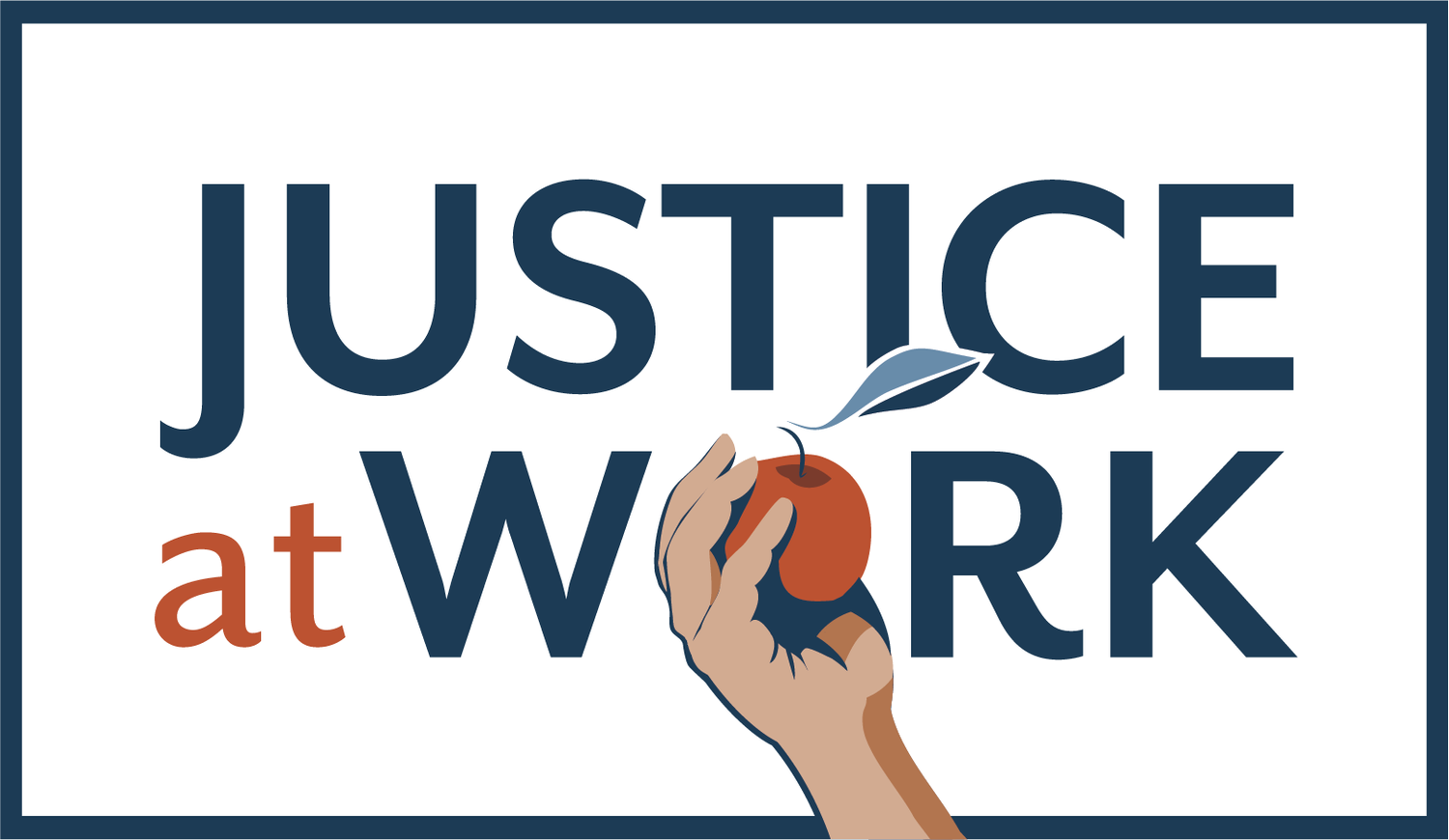
Labor Trafficking
Labor trafficking is a form of modern-day slavery in which traffickers (employers, labor contractors, and others) use force, fraud, or coercion to exploit workers. Labor trafficking happens in many different ways. Survivors often don’t realize that they are experiencing trafficking, and they don’t know that there is help available for them. Justice at Work educates workers on their rights, identifies survivors of labor trafficking, and represents them in legal cases.
Please contact us If your employer is not paying you for all your hours, you are afraid to leave your job, or if you are having any negative experience at work. We can confidentially evaluate your case and connect you with resources and assistance.
More Information
Labor trafficking can take many different forms. It is often hard for outsiders, and even victims of trafficking themselves, to identify when it is happening. There are also many misconceptions about trafficking. For example, it does not always involve trapping or smuggling people across borders. In fact, as many as 70% of labor trafficking survivors enter the U.S. legally with a visa, such as an H2-A visa for seasonal agricultural work. Workers can be trafficked in any industry, though common industries in which trafficking occurs include restaurants, construction, landscaping, hotel work, and domestic work.
Labor trafficking can cause survivors financial hardship, physical and mental harm, and immigration-related problems. However, there are laws in place so that survivors of labor trafficking can recover unpaid wages, obtain immigration status, and get justice through criminal cases against their traffickers.
Justice at Work conducts community outreach and education to help workers identify if they might be in a trafficking situation. Justice at Work represents and supports survivors of trafficking in the process of reporting their experience to law enforcement, suing for wages owed, and/or filing for immigration status. We are committed to providing high-quality and culturally informed services in survivors’ preferred language.

